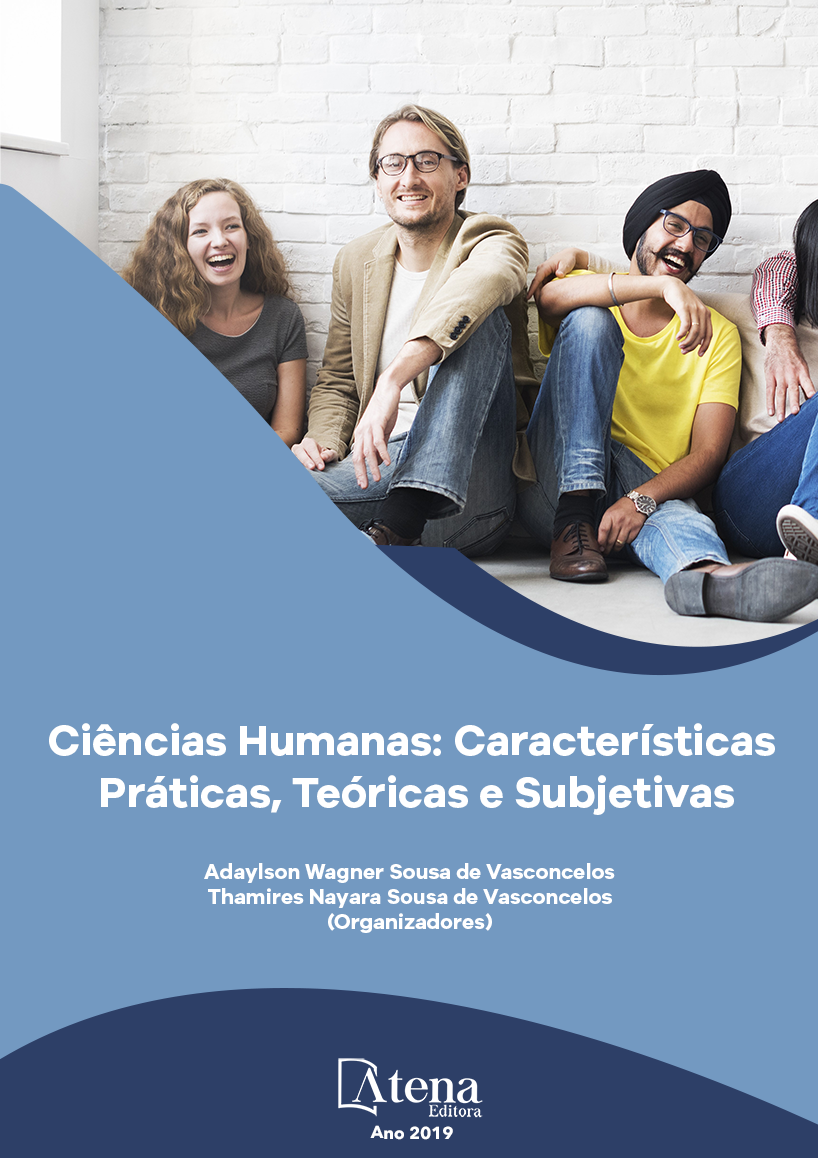
A INSERÇÃO DE CRIANÇAS INDÍGENAS EM UM CONTEXTO ESCOLAR NÃO INDÍGENA
Este artigo aponta reflexões e discussões elencadas a partir da realização de um trabalho etnográfico, sobre a sociabilidade de crianças indígenas, inseridas em um contexto escolar não indígena. A pesquisa refere-se a um “estudo de caso”, tendo como protagonistas, crianças indígenas das etnias guarani e kaiowá, cursando as séries iniciais do ensino fundamental, em uma escola não indígena, da rede municipal de ensino de Dourados/MS. A partir da observação participante no cotidiano escolar, buscou-se interpretar as teias de relações estabelecidas entre estudantes indígenas, estudantes não indígenas, professores, gestores e demais funcionários da escola, com o intuito de perceber se as diferenças culturais coexistente no ambiente escolar, refletem ou não no processo de ensino e aprendizagem das crianças indígenas. A partir da realização da pesquisa, constatou-se que o contato das crianças indígenas com um ambiente escolar, cuja cultura é diferenciada da sua, influencia tanto na sua interação quanto na sua aprendizagem. Com as reflexões propostas neste trabalho, esperamos contribuir para a construção de um modelo de educação escolar intercultural, pautada no respeito e na valorização das diferentes culturas coexistente nas escolas do nosso contexto local e da nossa sociedade em geral.
A INSERÇÃO DE CRIANÇAS INDÍGENAS EM UM CONTEXTO ESCOLAR NÃO INDÍGENA
-
DOI: 10.22533/at.ed.84719231211
-
Palavras-chave: sociabilidade, interculturalidade, kaiowá, guarani, aprendizagem.
-
Keywords: sociability, interculturality, kaiowá, guarani, learning.
-
Abstract:
This article points out reflections and discussions based on ethnographic work on the sociability of indigenous children, inserted in a non-indigenous school context. The research refers to a “case study”, whose protagonists are indigenous children of Guarani and Kaiowá ethnic groups, attending the initial grades of elementary school, in a non-indigenous school, of the municipal school system of Dourados / MS. From the participant observation in the school daily, we sought to interpret the relationships established between indigenous students, non-indigenous students, teachers, managers and other school staff, in order to understand if the coexisting cultural differences in the school environment reflect or not in the process of teaching and learning of indigenous children. From the research, we conclude that the contact of indigenous children with a non-indigenous school, whose culture is different from their own, influences both their interaction and their learning. With the reflections proposed in this paper, we hope to contribute to the construction of a model of intercultural school education, based on respect and appreciation of the different cultures that coexist in the schools of our local context and our society in general.
-
Número de páginas: 14
- Antonio Dari Ramos
- Maristela Aquino Insfram
- Cajetano Vera
- Obonyo Meireles Guerra
- Clotildes Martins Morais


